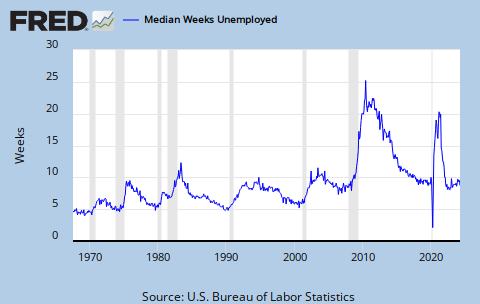Another piece of news that's been going around of late is the Cons' plan to scrap the long-form census that is mailed to many households, in favour of a voluntary one. Of course, this will lead to skewed data, since certain groups of people are less likely to fill out the forms than others. This, in turn, will handicap Statistics Canada's efforts to give an accurate picture of the Canadian populace. What does this matter you might ask? Well, Elections Canada and its provincial counterparts use this data to determine appropriate constituency boundaries, so as to ensure fairness in elections. Researchers use it to determine how well social programs are working (but hey, the Cons don't want real data on that anyway).
But what about privacy? Well, StatsCan's data is pretty well secured, and, more tellingly, the privacy commissioner was
not consulted on this issue. Of course, if she had been it would have seriously weakened the case for scrapping the mandatory long-form:
The Harper government is blaming privacy fears for a controversial decision to scrap a mandatory long-form census questionnaire – but the country’s privacy watchdog has heard almost nothing from Canadians on the topic.
In fact, according to the Office of the Privacy Commissioner, only three complaints were laid about any aspect of the census in the last decade: two in 2006 and one in 2001.
“The number of complaints coming to us about the census has dropped in recent years,” Privacy Commissioner spokeswoman Anne-Marie Hayden said.
The last time Canadians registered beefs on the census that were measured in the double digits was in 1996 – 14 years ago. And back then, the Privacy Commissioner’s office only received 16 complaints. In 1991, the watchdog heard 33 complaints.
Wow. A whole
two complaints about the 2006 census. Doesn't seem like much cause for abolishing it, does it? But surely this will at least save taxpayers' money, right?
Oh, wait.
For those who are interested in a bit of slacktivism, there's a
Facebook group and an
online petition to keep the long form in place. I've signed (just like I signed a petition against the Canada-US Free Trade agreement in 1988...) and I suggest you do too.
